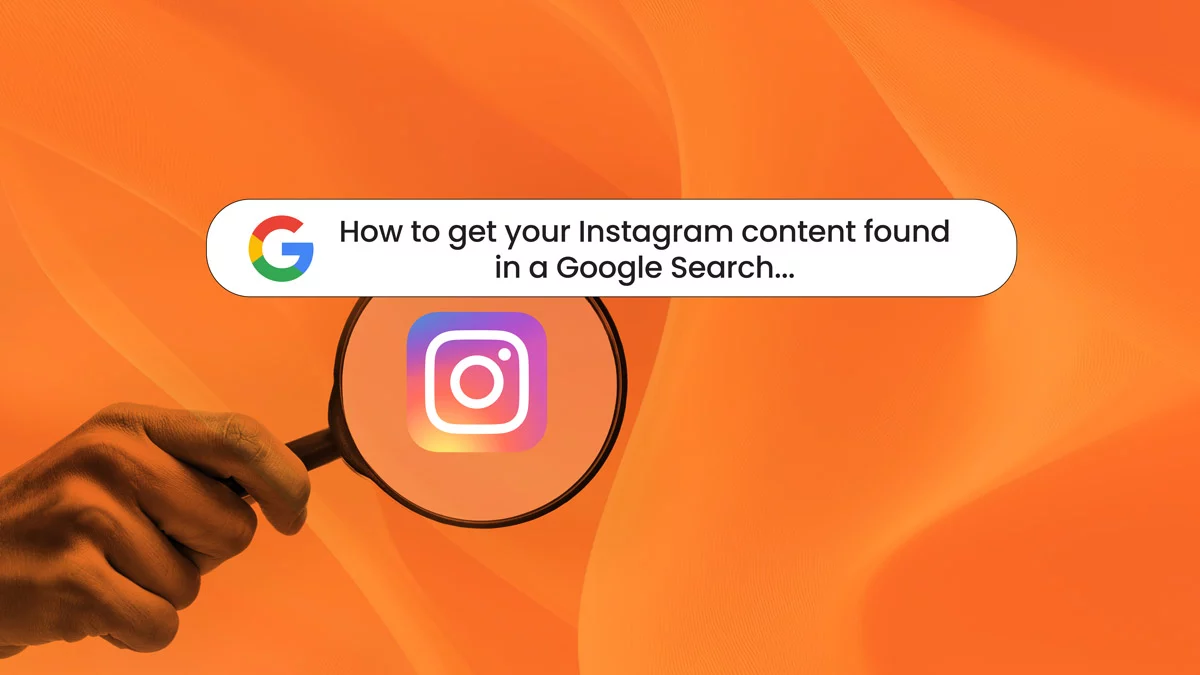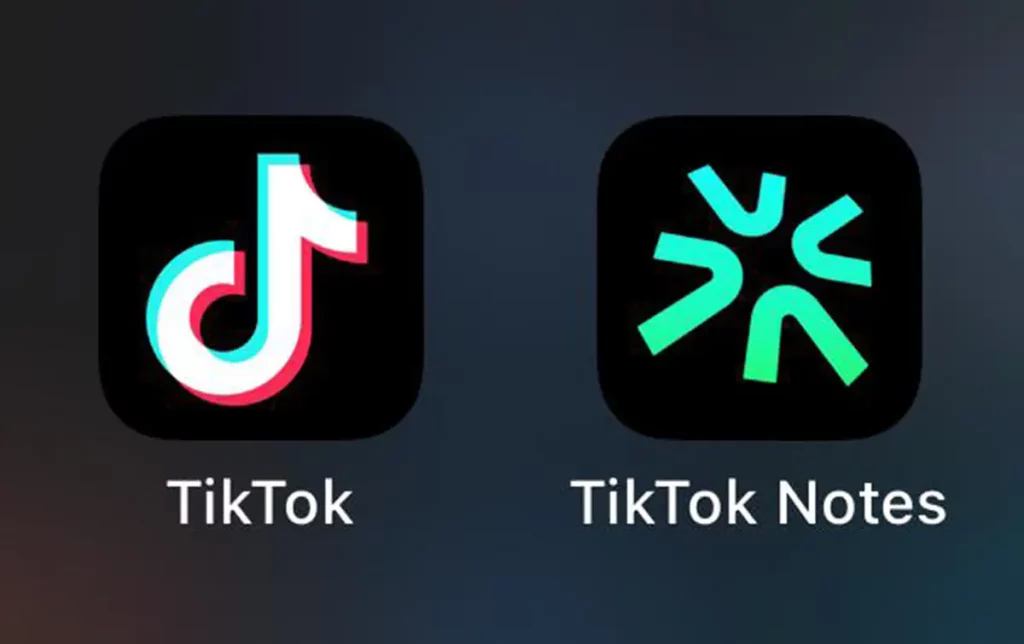There’s been quite a considerable update on Instagram that could change your search experience; public photos and videos are now searchable in Google.
Since Instagram’s launch in 2010, the content on the platform has mainly lived within the app. If you weren’t scrolling, there was no way to see the posts shared. Yes, you could find a profile in a Google search, but this update goes far beyond that.
Read on below to find out what’s going on…
What is the latest Instagram change?
As of 10th July, public posts will now be indexed by search engines, like Google. Which will mean the photos, videos, captions and hashtags you share could appear when people search for topics related to your posts.
If someone searches for “best places for coffee in Oxford” on Google, content from Instagram could well appear on the search engine results page (SERPs).
For brands and businesses, it’s a major change that can help drive organic traffic and see your content reach a larger audience.
How to make your Instagram content appear in Google
Captions will have greater importance, with Google now able to identify specific words related to a user’s search. If you didn’t already, you may want to think about keywords in your captions.
Thinking back to our example of someone searching for “best places for coffee in Oxford”. If your Instagram caption includes keywords related to the search, such as “coffee”, “latte” and “flat white” or “Oxford”, “Summertown” and “Jericho” – your content stands a far better chance at appearing on the SERPs.
Alt-text on the images you upload can also be another area to target. Using targeted keywords to describe the image not only helps with accessibility but can also help towards appearing in search results. For instance, an image of an iced coffee in front of an Oxford landmark could have an alt-text reading “Iced latte on café table in front of Radcliffe Camera in Oxford”.
Hashtags may become more relevant again, but with search engines being able to read regular text, as long as the keywords are within the caption, it is likely not to matter if they’re in a hashtag.
Conclusion
These changes mean search engine optimisation should now be considered in your social media strategy. It further backs up the point that we should be looking at a multi-channel digital strategy, rather than putting primary focus on a single platform.








